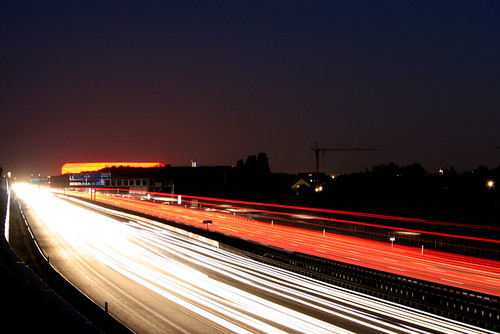
So I tell my students the speed of light and I hope for a question like... Why should we believe that? After all it moves at 299,792.458 kilometers in one second. The question I throw out, how is it possible to measure something that for all practical purposes moves at the rate of, instantaneous? Don't believe me, turn on a light bulb and try to see it go from the light to the wall.
I talk about Ole Christenson Romer who was puzzled at how a moon of Jupiter was not where it was supposed to be when it should be there and how it varied and how that variance was proportional to distance from the Earth and so in 1676 he concluded light had a constant speed.
Then we jumped to France and a man who went by Hippolyte Fizeau (cool names can get fading students to perk up) and with some mirrors came within 5% of the speed in 1849. Leon Foucault gets us within 500km/sec by adapting the experiment then an American named Michelson takes the same idea to much longer distances and gets it down to within 50km/sec by 1879. The story goes on until the final two steps in the process--- the laser and the exact distance of a meter.
Science unfolds just like our lives. It is a story of better evidence throwing out what needed tweaking. So we trust light moves fast, but a mystery is still there...
Why is it constant, if it remains in the same medium? But who knows, is it really constant? I have never measured it, but if it is not constant, that would throw astrophysicists for a spin. For now the evidence leans towards being constant.
Hey - the speed of light was under discussion in my classroom, too@
ReplyDeleteMichelle --- cool... I will get to teach my science classes before our visit next week. Spectroscopy is a likely subject.
ReplyDeleteMy favorite part of teaching is to start the wheels spinning and then just watching and listening while they figure it out!
ReplyDelete